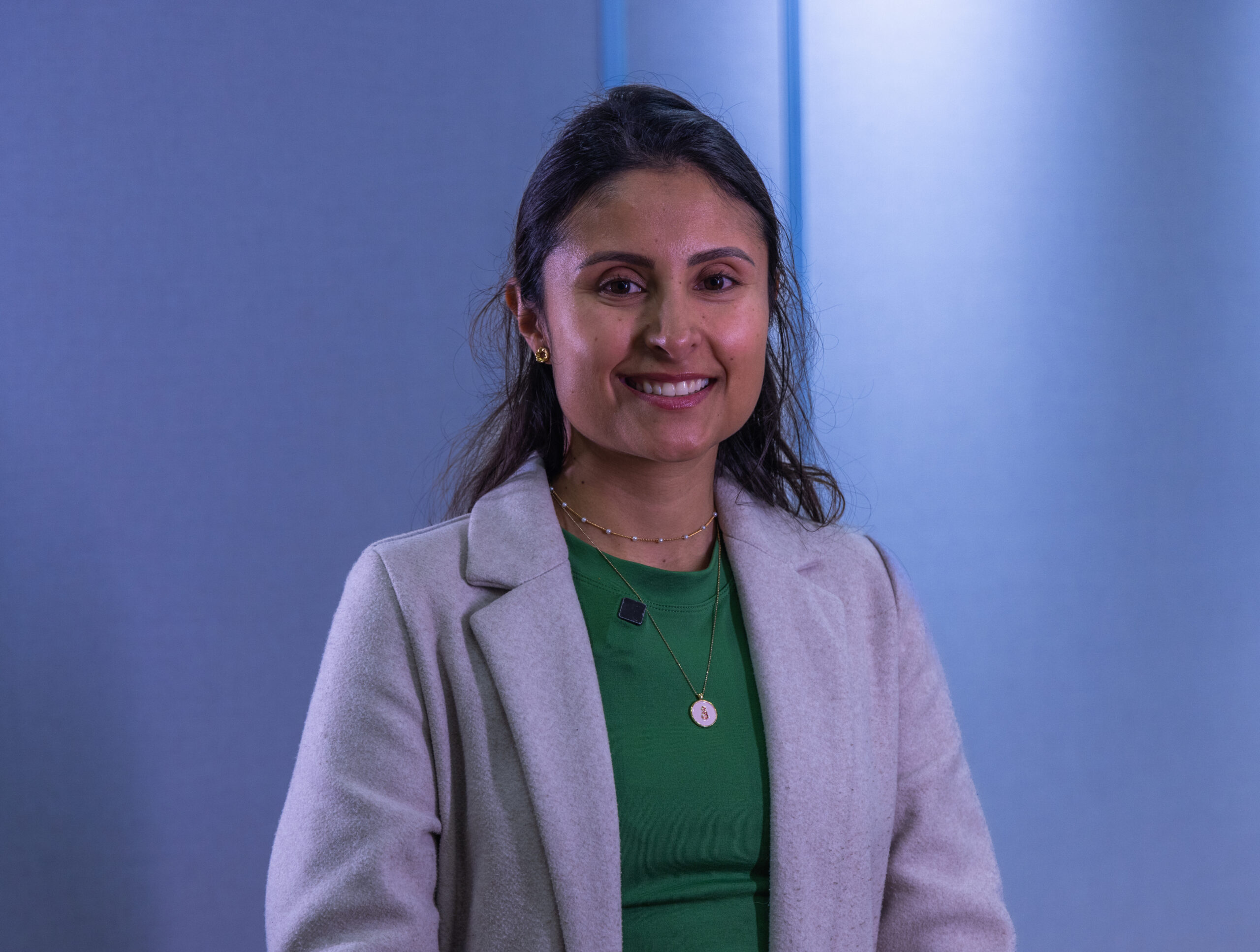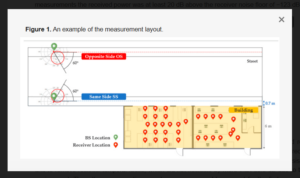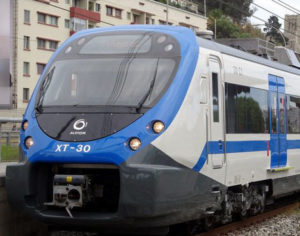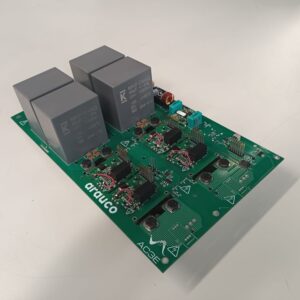The importance of this type of research is that, by characterizing such information transmission channels, “they allow for correct remote monitoring of crops, reducing retransmissions, energy consumption and cost, which creates an optimal environment for precision agriculture.” In this line, the researcher explains that these types of frequencies are very similar to those used by technologies such as 5G and 6G, so understanding what elements can attenuate these signals is key for future telecommunications.
Another projection of this line of research, the expert comments, is that “I want to see how different types of crops can affect or attenuate the signal, that is, to make measurements with healthy crops and others that have some disease. This would allow detecting, for example, if the change in attenuation depends on whether the crop has any pests or diseases.”
One of the personal challenges of Dr. Melissa Diago, an Electronics and Telecommunications engineer, is to expand this professional field with new talents given the high demand for specialists for the IoT area, where “we must be at the forefront of these technologies and understand their operation, since many times we do not take full advantage of them, avoiding oversizing the designs we make. In the case of 5G, we know that even large companies do not use 50% of the capabilities of 5G technology base stations.”
On the other hand, this Initiation Fondecyt will carry out its studies over the next 36 months in plantations in the Valparaíso Region, where the researcher and USM students will be able to consolidate the first findings: “We will carry out various actions to strengthen this line of research, among them, we want to make publications, seminars, courses and advise undergraduate or master’s theses on the subject.”
Regarding strengthening women’s work in this area, Melissa Diago believes that “it’s nice to be a role model for other girls, especially at USM where there are very few of us and they are all very cool. It is very important that girls who are starting their careers as engineers be taken care of and nurtured because they have already made the decision to take this path alone.”








